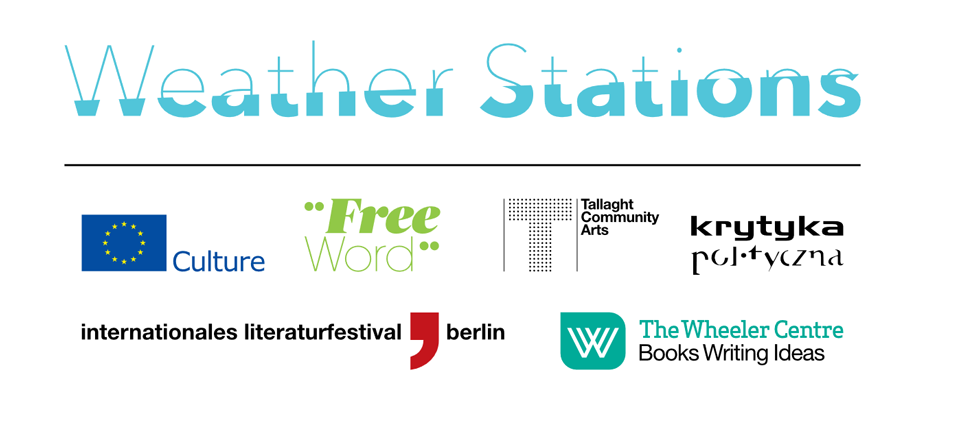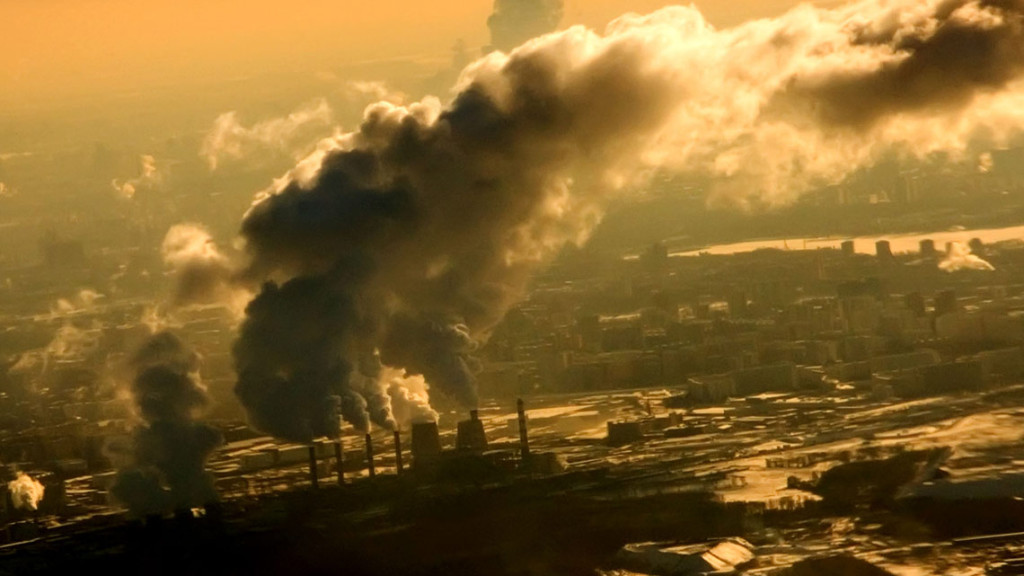It’s impossible to list everything I have learned and understood, everything the Weather Stations project has given me, but I will try to make a list of the ten most important things.
1. I was reminded about the importance of the issue of global warming and also why most people couldn’t care less about it. Or, if they could, they still don’t care enough. But despite everything, it is not completely alien to them, it affects them.
2. I have learned to take my water bottle with me everywhere I go, but I have also learned to drink all the water from it before getting on the plane. You can refill it pretty much straightaway with tap water in the bathroom.
3. Tap water is tasty and healthy, but people still prefer to buy bottled water, which costs 2000 times more and leaves unbelievable amounts of plastic on the planet. There is a nice film about it.
4. There is so much plastic in the world that the Great Pacific Garbage Patch was formed (see also the film Plastic Paradise). Albatrosses eat plastic, as can be seen in photos made by Chris Jordan from Midway, and as a result they die. As do fish. The populations of numerous species of fish have decreased within the last forty years by 90 per cent. Eating fish that have eaten plastic can cause various diseases in humans, including cancer.
5. Industrial farms seen from a satellite are more beautiful than Salvador Dali’s paintings. And more terrifying. No wonder conceptual artist Mishka Henner exhibits them in galleries. You can see some on his website.
6. Meat consumption is killing the planet. The meat industry is responsible for 18 per cent of greenhouse gas emissions, more than transport. Forests are cut and monoculture GMO plants cultivated for animal feed, generously sprinkled with pesticides, which cause the death of millions of insects and birds. And meat consumption is still on the increase.
7. In the space of the last few years, populations of animals living in the wild decreased by 50 per cent, but population of animals reared in cages went up. Those animals never see the sun, never touch the soil. We have organized a little animal Auschwitz for them, but on a larger scale. What’s more, we pump them with antibiotics and as a result those same antibiotics will stop having an effect on us.
8. Sometimes you have to travel by plane, even if it is against your deepest beliefs. Though there are people who think that we don’t have to fly at all. And I’m inclined to agree with them.
9. I’m cool, I’m smart, I’m inspirational. Even at events in London or Berlin. Though I think I should learn English properly. Or should I? There are so many great translators. Perhaps it’s better not to take the work away from them. Anyway poetry read in Polish sounds beautiful. So let’s have it in Polish.
10. Everything is possible. I still don’t know how to write about global warming to captivate the attention of owners of companies, which pollute our planet, or the politicians, who are paid by them, but I’m not giving up. And anyway — as far as I know — they do understand the problem. But we still don’t exert enough pressure on them, so it’s worth writing about it to make a change.
Translated by Anna Hyde
About Weather Stations
Many argue that climate change is the most important and complex crisis facing humanity, the overriding moral imperative of our time. It is not just an environmental threat, but also a critical human rights issue that impacts on every aspect of our lives – peace security, poverty, health, well-being, mass immigration and the economy. To preserve a liveable planet, scientists tell us we must reduce the amount of CO2 in the atmosphere from its current level of 400 parts per million to below 350 ppm. We know we must strive to limit the rise in average global surface temperature to two degrees Celsius to stop levels of human interference becoming scientifically ‘dangerous’.
Whilst we increasingly recognize the necessity to address the challenges facing our environment, the majority support needed to change behaviour is difficult to harness. Scientists confound with statistics, journalists overwhelm with facts and too often the narratives of climate change are abstract, bleak and uninviting.
Weather Stations, an 18-month pilot project involving five partners in Berlin, Dublin, London, Melbourne and Warsaw, set out to redress this by placing literature and storytelling at the heart of conversations around climate change.
Weather Stations was founded on the belief that literature can give humanity to concept. Writers create worlds for us to explore and in entering them we are able to empathize with others, to begin to imagine how things can change and how we might work together towards ecological sustainability and social justice. We also need storytellers to interpret the science, to bypass the politics and to ignore the too often narrow self-interests of finance. And in doing so, show us how our lives could be lived differently, guided by ecological rather than economic imperatives.

This article was previously published in Anthology of Climate Change Writing — the result of Weather Stations project. The project is conducted in partnership with Free Word in London, internationales literaturfestival berlin, Krytyka Polityczna in Warsaw, Tallaght Community Arts in Dublin and The Wheeler Centre in Melbourne.
![Political Critique [DISCONTINUED]](https://politicalcritique.org/wp-content/uploads/2015/09/Political-Critique-LOGO.png)
![Political Critique [DISCONTINUED]](https://politicalcritique.org/wp-content/uploads/2015/09/Political-Critique-LOGO-2.png)
